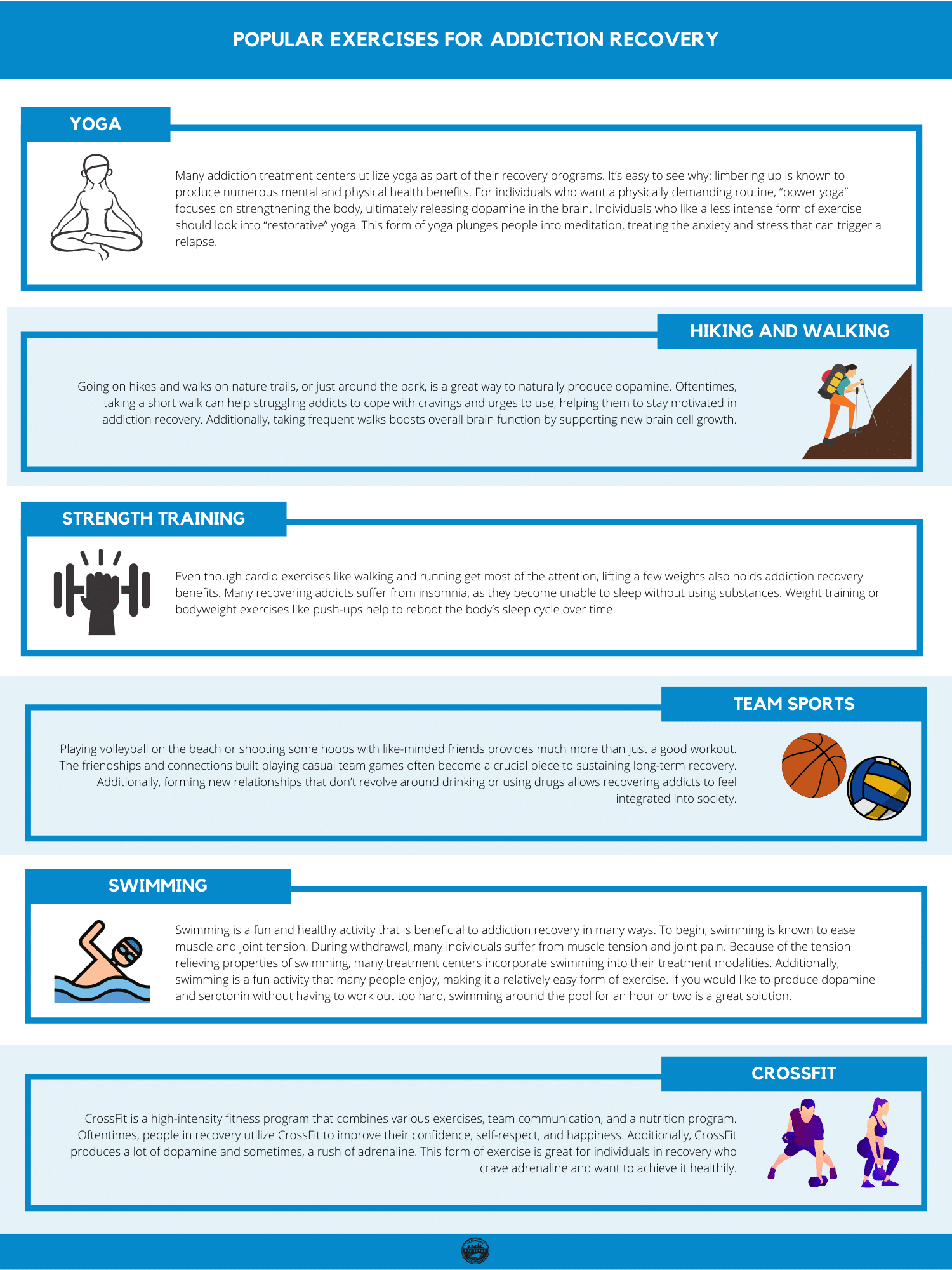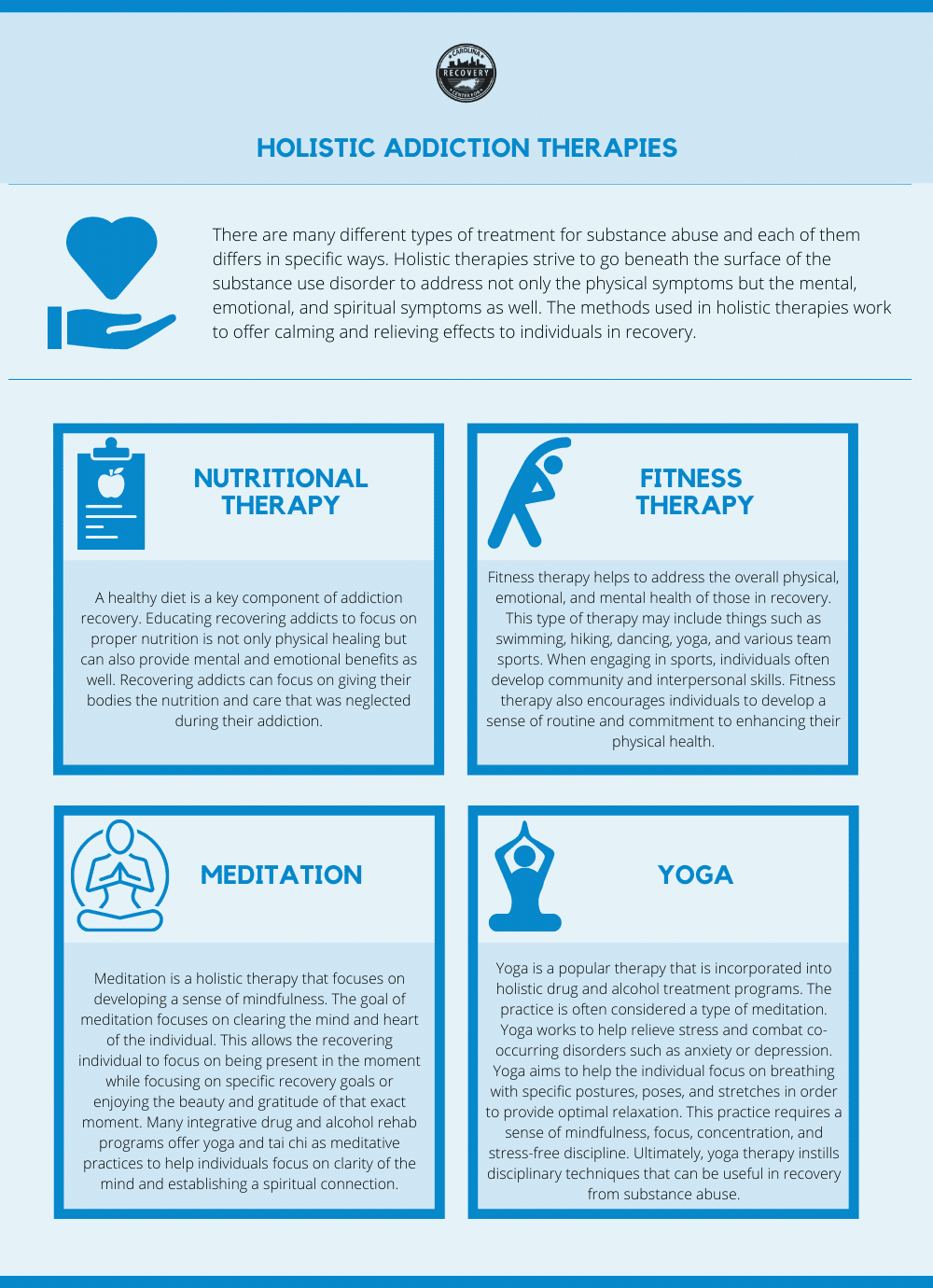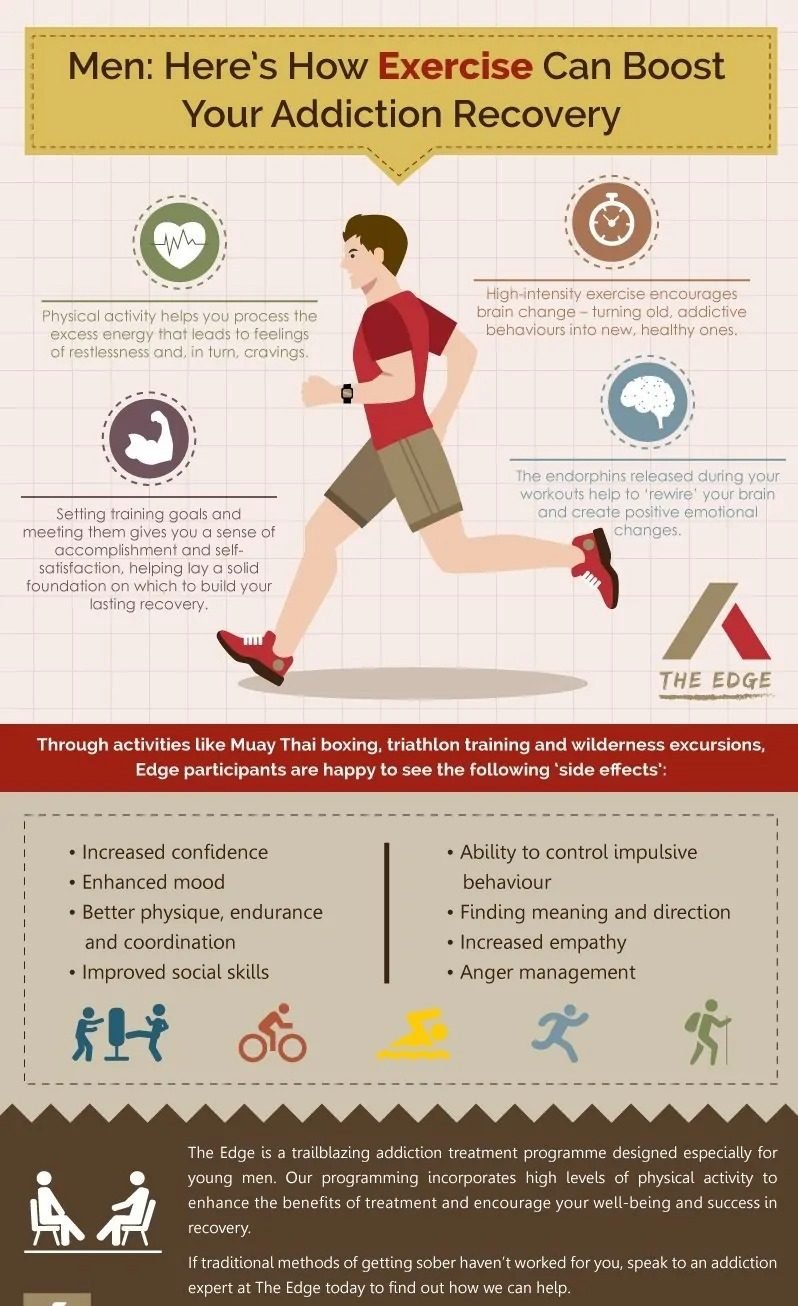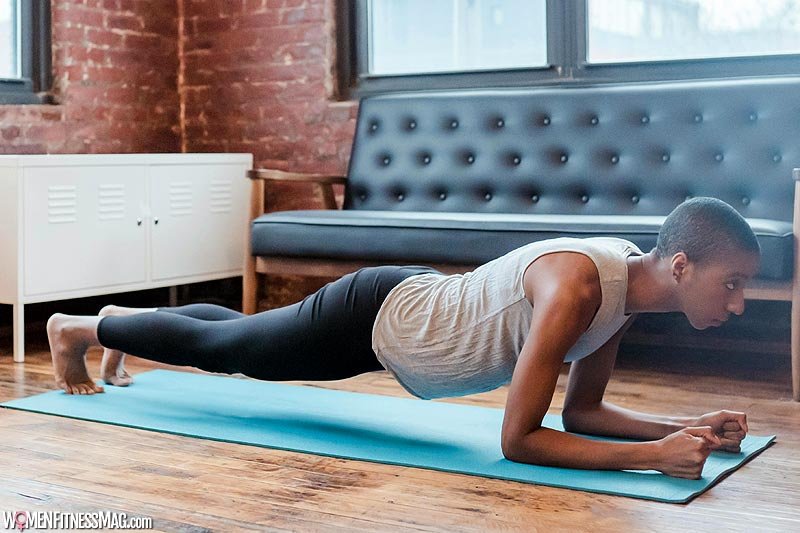Is Fitness Your New BFF in Recovery? Yes! Here’s Why They’re the Perfect Duo for a Fresh Start : Recovering from addiction is one of the hardest things anyone can do, but the journey doesn’t have to be lonely or hopeless. Fitness, an often overlooked but incredibly powerful tool, can be your secret weapon in reclaiming your life. Imagine combining the endorphin rush of a good workout with the relief of overcoming an addiction. That’s a powerhouse combo right there.
When you exercise, your body releases endorphins, natural mood lifters. This is especially crucial for those in recovery, as the body readjusts to a life without substances. The boost in endorphins can combat the depression and anxiety often associated with withdrawal, making it easier to stay on the path to sobriety. Plus, regular exercise helps to regulate sleep patterns and reduce stress—two major hurdles in recovery.
Let’s be real: sticking to a fitness routine can be tough. But once you push through the initial resistance, it becomes a habit that you look forward to. It’s not just about hitting the gym; it’s about creating a healthy, sustainable lifestyle. Whether you choose running, yoga, swimming, or even just walking, the goal is to keep moving and stay active. The positive changes in your physical health will mirror your mental and emotional progress.
Unique Challenges Women Face in Addiction
It’s no secret that addiction doesn’t discriminate, affecting people of all genders, ages, and backgrounds. But let’s talk about the unique challenges women face in addiction. Societal pressures, hormonal changes, and emotional factors often play a significant role in how women experience and recover from addiction.
Women might turn to substances as a way to cope with stress, anxiety, or trauma. Unfortunately, these same factors can make recovery even more difficult. Women are more likely to face judgment and stigma, which can discourage them from seeking help. Moreover, they often have caregiving responsibilities that make it harder to prioritize their recovery journey.
Fitness can be a game-changer here. Engaging in physical activity helps with the physical aspects of recovery and provides a mental escape and a sense of control. For many women, finding a supportive community through fitness can be life-changing. Whether it’s a local running group, a yoga class, or even an online fitness community, these connections can offer much-needed support and encouragement.
Mind & Body: The Perfect Sync
The mind-body connection is crucial in addiction recovery. When you exercise, you’re not just working out your body; you’re also strengthening your mind. This connection can help you gain better control over your thoughts and emotions, making it easier to resist cravings and stay focused on your recovery goals.
Meditative practices like yoga and tai chi are particularly beneficial. They teach you to be present in the moment, reducing anxiety and promoting a sense of calm. These practices also emphasize breathing techniques to help you manage stress and prevent relapse. The discipline and focus required for these activities can translate into other areas of your life, making you more resilient and better equipped to handle recovery challenges.
On the flip side, high-intensity workouts like running, boxing, or weightlifting can serve as a healthy outlet for pent-up energy and frustration. These activities provide a natural high that can replace the artificial highs of substances. Plus, your sense of accomplishment after a challenging workout can boost your confidence and reinforce your commitment to staying sober.
Fitness isn’t just a part of your recovery; it becomes a cornerstone. It helps you build a routine, set goals, and achieve milestones, all of which are vital for maintaining sobriety. And as you become stronger physically, you’ll also find that your mental and emotional strength grows.
Residential Rehab for Women: A Game Changer
When tackling addiction, sometimes the best option is to step into a structured, supportive environment. Residential rehab for women provides a sanctuary where the focus is entirely on healing and recovery. Unlike outpatient programs, residential rehab offers a full-time commitment to getting better, surrounded by professionals and peers who understand what you’re going through.
What makes residential rehab for women stand out is the tailored approach. These facilities recognize the unique challenges women face in addiction and design programs that address those needs. From therapy sessions that delve into gender-specific issues to group activities that build camaraderie and support, the environment is crafted to foster a sense of belonging and understanding.
Fitness plays a significant role in these programs. Daily exercise routines are integrated into the schedule, emphasizing the importance of physical health in the recovery process. Whether it’s morning yoga to start the day with mindfulness or evening runs to clear the mind, fitness activities are designed to complement the therapeutic work being done. This holistic approach ensures that every aspect of recovery is addressed, making it more likely for women to achieve long-term sobriety.
The supportive community within residential rehab for women can’t be overstated. Being surrounded by others who share similar struggles and goals creates a powerful network of support. It’s a place where you can find understanding, encouragement, and motivation, all of which are crucial for maintaining sobriety after leaving the facility.
Life After Rehab: Staying Fit, Staying Sober
Graduating from a rehab program is a monumental achievement, but the journey doesn’t end there. Maintaining sobriety requires ongoing effort and commitment, and fitness can play a key role in this next phase of recovery. Transitioning from a structured rehab environment to everyday life can be challenging, but incorporating regular exercise into your routine can provide stability and a sense of purpose.
One effective strategy is to continue with the fitness habits established during rehab. If you find joy in running, join a local running club. If yoga brings you peace, find a nearby studio or online classes to keep practicing. The goal is to make fitness a permanent part of your lifestyle, serving as both a physical and mental anchor.
Support groups and therapy sessions remain essential, but adding a fitness community can enhance your support network. Surrounding yourself with people who prioritize health and wellness can reinforce your own commitment to staying sober. Plus, having fitness goals to work towards can provide a positive focus, helping you stay motivated and engaged in your recovery journey.
Remember, setbacks can happen, and it’s important to approach them with a mindset of resilience rather than defeat. Use fitness as a tool to get back on track. Whether it’s a tough workout to release frustration or a peaceful yoga session to regain balance, staying active can help you navigate the ups and downs of post-rehab life.
Fit for Life
Fitness and addiction recovery truly go hand in hand, creating a powerful combination that can lead to lasting sobriety. The road to recovery is never easy, but with the right tools and support, it’s possible to reclaim your life and build a brighter future. Embrace fitness as a cornerstone of your recovery, and you’ll find each step forward becomes a little easier. Stay active, stay focused, and, most importantly, stay strong. Your new, healthier life awaits.
Related Infographics:










